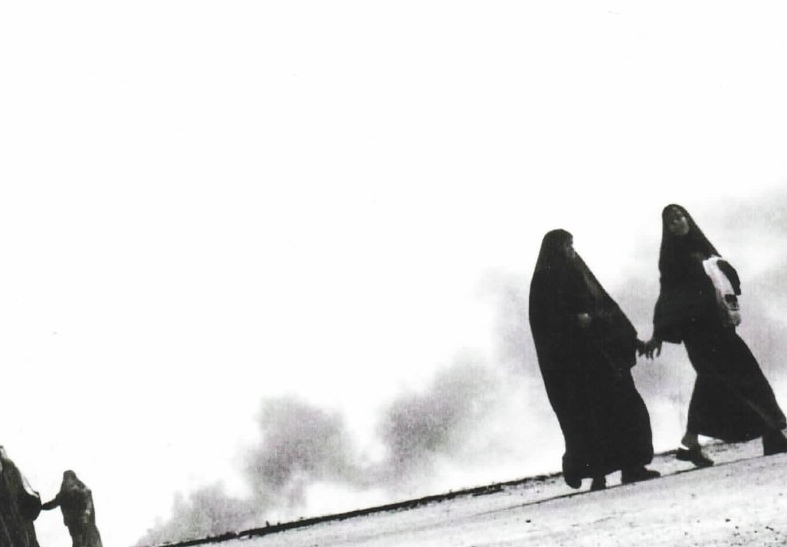The War Works Hard
by Dunya Mikhail, translated by Elizabeth Winslow
New Directions, $13.95 (paper)
As the first translation of poems by a female Iraqi poet to be published in the United States, The War Works Hard is a timely book, equipped to meet the demands of those readers who expect from poetry the kind of relevance that William Carlos Williams had in mind when he wrote, “It is difficult / to get the news from poems / yet men die miserably every day / for lack / of what is found there.” Elizabeth Winslow’s renderings of Dunya Mikhail’s Arabic provide anglophone readers with an eyewitness account of life in Baghdad from 1985 to 1996, when Mikhail was forced into American exile. Her poems, both new and old, strictly avoid the hyperbole of Williams’s famous lines, for in Mikhail’s world men do not die for lack of what is found in poems: they die from the “math problem” in the dictator’s skull, the one which “multiplied the one death by millions / to equal homeland.” Much of Mikhail’s work has the grammatical and ideological simplicity of the collection’s title, as if the book were an elementary school primer with war as its unlikely theme. Yet beneath this innocence is a deeply ironic and knowing subject, one whose praise-poetry is in fact subversive condemnation, as in the title poem, which begins: “How magnificent the war is/ How eager / and efficient!” Alternating between journalistic reportage, parable, fable, and lyrical lament, Mikhail records the process of losing a country. “If anyone stumbles across it,” she pleads, “return it to me, please. / Please return it, sir. / Please return it, madam./ It is my country . . . / I was in a hurry / when I lost it yesterday.” One would wish on the whole that Mikhail was in less of a hurry in many of the newer poems gathered here, which do not resonate in the way that the longer, more dialogical and inventive poems do. And to recommend this book on the basis of relevancy alone is to condemn it to contemporaneity. But while poems like “An Urgent Call,” about the American soldier Lynndie England and the Abu Ghraib prison scandal, may not survive the particular political moment, others, like the Ovidian triptych “Transformations of the Child and Moon,” reveal Mikhail’s skill as a poet who can take a subject as difficult as the death of a child and write, counter to the human-interest story or sound bite, a poem that will outlast the exigencies of the present.








